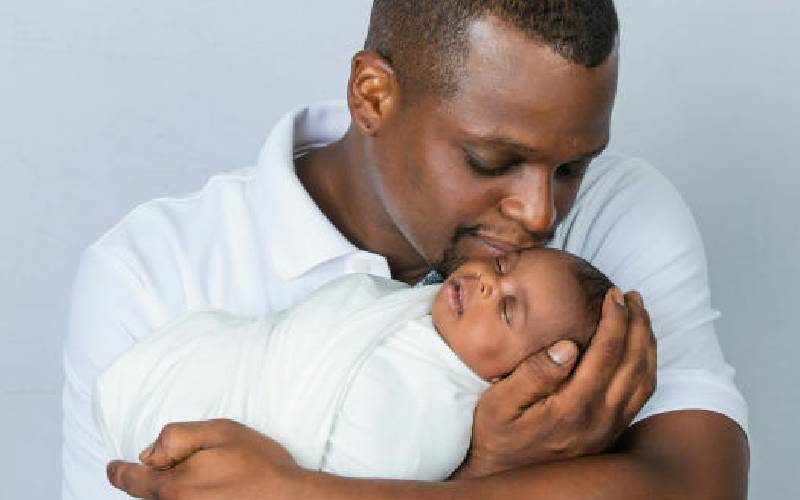×
The Standard e-Paper
Smart Minds Choose Us

There’s evidence that fathers also experience changes in their hormone levels after a baby is born. [Courtesy]
The birth of a baby can trigger an array of emotions ranging from excitement, joy to fear and anxiety. There are also episodes of depression known as postpartum depression.